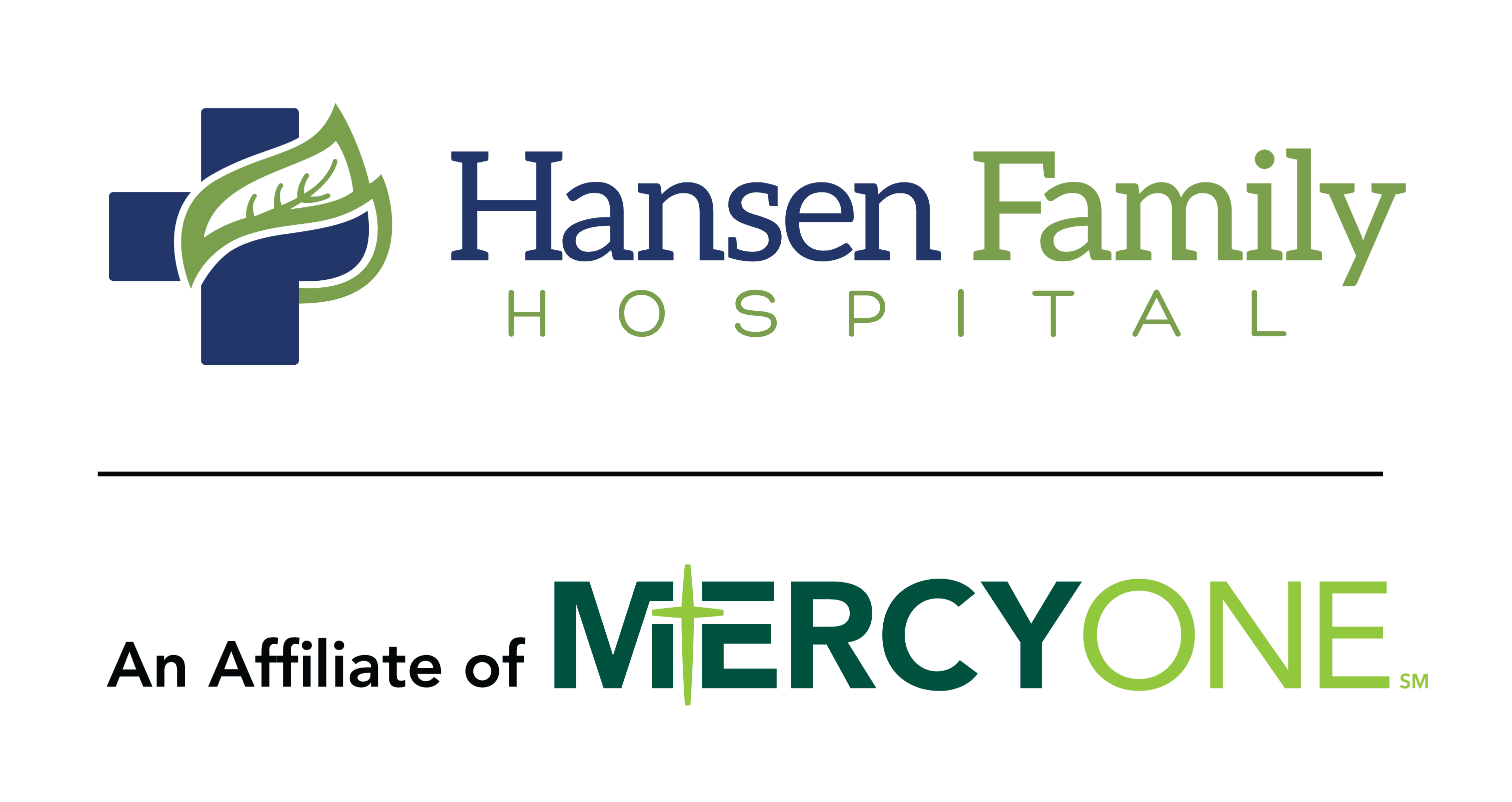Professional Abbreviations
MD: Medical Doctor
An allopathic physician. MDs are fully-qualified physicians graduated from accredited medical schools. They are trained in diagnosing and treating illnesses and disorders, doing surgery, and in providing preventive care.
DO: Osteopathic Doctor
An osteopathic physician. DOs are fully-qualified physicians graduated from accredited medical schools. They are trained in diagnosing and treating illnesses and disorders, and in providing preventive care. Their training includes Osteopathic Manipulation Treatment (OMT) to diagnose and treat illness or injury.
PA, PA-C: Physician Assistant
A Physician Assistant can deliver diagnostic, therapeutic, and preventive health care services, as delegated by a physician and under the supervision of a physician. A PA-C is a Certified Physician Assistant, while a PA has completed their training and passed their board exam.
NP, ARNP: Nurse Practitioner
Nurse practitioners are initially trained as nursing healthcare professionals. They go on to complete advanced, graduate level educational programs which enable them to practice independently or in collaboration with other health care professionals and other individuals to diagnose, treat and manage the patient's health problems.
CRNA: Nurse Anesthetist
Nurse Anesthetists are advanced practice registered nurses (APRN) who have acquired a Masters or Doctorate level of education with a board certification to practice anesthesia. The Certified Registered Nurse Anesthetist (CRNA) administers anesthesia for all types of surgical cases, from the simplest to the most complex.
FNP: Family Nurse Practitioner
A Nurse Practitioner specializing in health care for families.
ANP: Adult Nurse Practitioner
A Nurse Practitioner specializing in health care for adults.
GNP: Geriatric Nurse Practitioner
A Nurse Practitioner specializing in health care for elderly individuals.
APNP: Psychiatric Nurse Practitioner
A Nurse Practitioner specializing in psychiatry.
